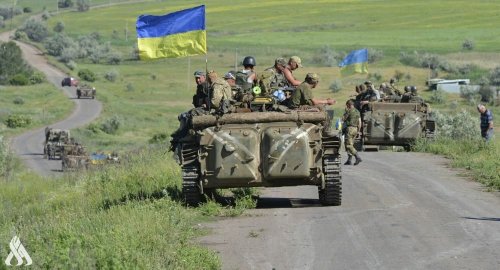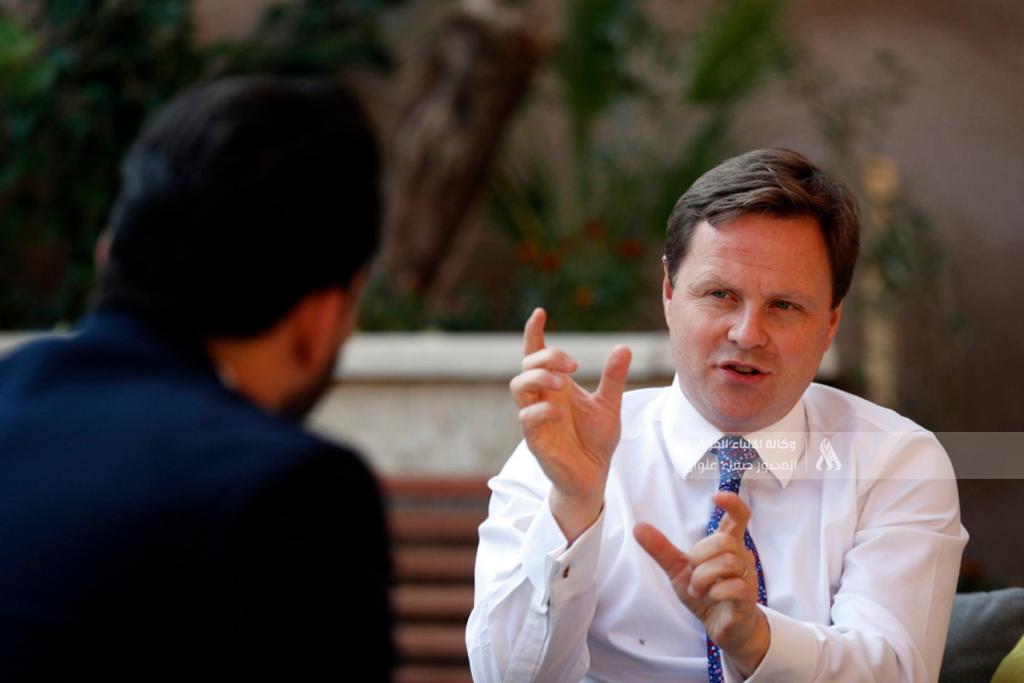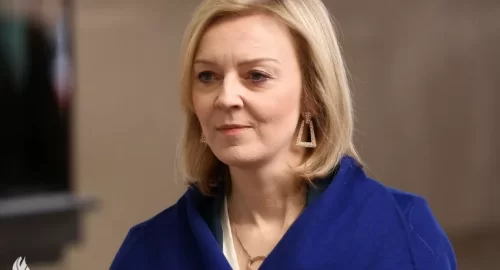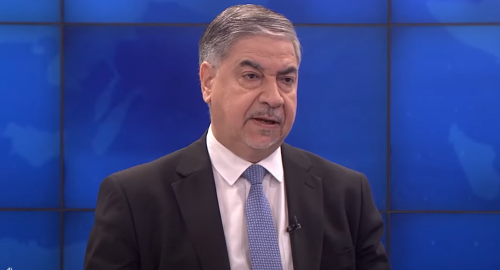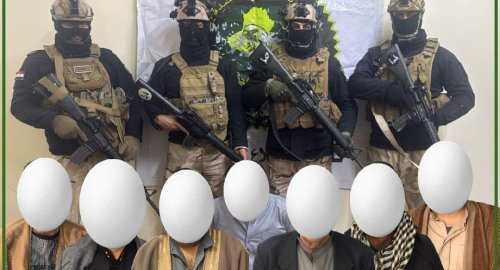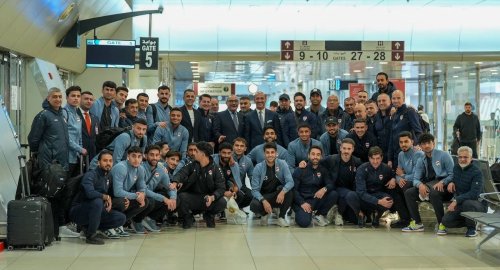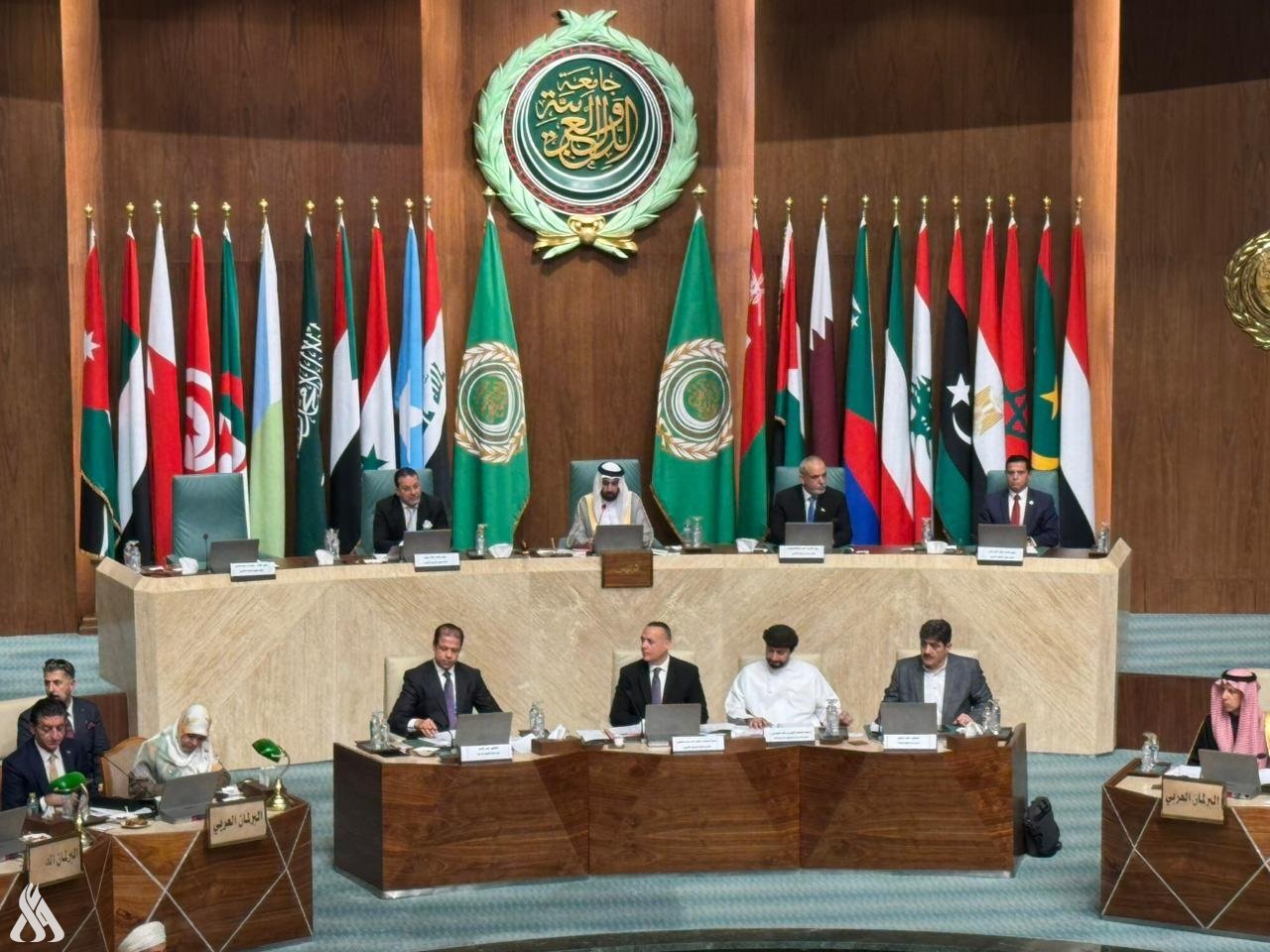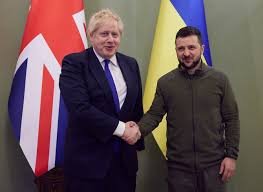
British PM Praises Zelenskyy, Ukraine’s Defenders During Surprise Visit To Kyiv

- 10-04-2022, 09:52
INA- sources
British Prime Minister Boris Johnson has arrived in Kyiv in a surprise visit to meet with Ukrainian President Volodymyr Zelenskiy in what Downing Street called a “show of solidarity” as fears grow of a possible new Russian offensive in the east of Ukraine.
Johnson’s office said on April 9 that the prime minister was traveling to Kyiv “in a show of solidarity with the Ukrainian people” and that he would “discuss the U.K.’s long-term support to Ukraine.”
During his meetings, Downing Street said Johnson pledged to provide an additional 120 armored vehicles and new anti-ship missiles for Ukraine as he praised the performance of Kyiv’s military and its civilian defenders.
“It is because of President Zelenskiy’s resolute leadership and the invincible heroism and courage of the Ukrainian people that [Russian President Vladimir] Putin’s monstrous aims are being thwarted,” he said following his meeting with Zelenskiy, according to his office.
“Ukraine has defied the odds and pushed back Russian forces from the gates of Kyiv, achieving the greatest feat of arms of the 21st century,” Johnson said.
Johnson’s trip, which was not announced beforehand, is the most high-profile visit to Ukraine in a recent series of arrivals by European officials following the retreat of Russian forces from the region around the capital.Also on April 9, Austrian Chancellor Karl Nehammer met with Zelenskiy in Kyiv, while the day before, European Commission President Ursula von der Leyen and EU foreign policy chief Josep Borrell arrived in the Ukrainian capital.
Andriy Sybiha, an aide to the Ukrainian president, posted a photograph on Facebook of the two leaders sitting with each other, with Johnson wearing a dark suit and Zelenskiy in his traditional khaki overalls.
“Boris Johnson’s visit to Kyiv began with a tete-a-tete meeting with President Zelenskiy,” Sybiha wrote.
“Great Britain is a leader in defense support for Ukraine. Leader in the anti-war coalition. The leader in sanctions against the Russian aggressor.”
Johnson has taken a hard line against Russia since its February 24 unprovoked invasion of Ukraine and after reports of potential war crimes in deadly attacks on civilians by Moscow’s forces.
Russian forces have faced stronger-than-expected resistance from Ukrainian forces and civilians, forcing them to pull back from the Kyiv region.
Experts say that Moscow is planning to focus its attack on the eastern and southern regions of Ukraine, where Russia or Kremlin-backed forces have held Ukrainian territory since 2014.
On April 9, the governor of the Luhansk region, Serhiy Hayday, said more people needed to be evacuated from the eastern region, as shelling has increased in recent days and more Russian forces have been arriving.
He said that some 30 percent of residents still remained in cities and villages across the region and had been asked to evacuate.
“They [Russia] are amassing forces for an offensive and we see the number of shelling has increased,” Hayday told Ukrainian TV.
The United States said this week that Moscow probably plans to deploy tens of thousands of soldiers in eastern Ukraine.
Russia was focusing its offensive, which included cruise missiles launched by its naval forces, on the eastern Donbas region, the British Defense Ministry said in a daily briefing on April 9.
It said it expected air attacks would increase in the south and east as Russia seeks to establish a land bridge between Crimea, which Moscow annexed in 2014, and the Donbas but Ukrainian forces were thwarting the advance.
Ukrainian officials said shelling had increased in the region in recent days as more Russian forces arrived.
“The occupiers continue to prepare for the offensive in the east of our country in order to establish full control over the territories of the Donetsk and Luhansk regions,” the General Staff of Ukraine’s armed forces said on April 9.
Deputy Prime Minister Iryna Vereshchuk said on April 9 that 10 humanitarian corridors had been agreed for the evacuation of people across the country, including for people to leave the southern besieged port of Mariupol by private transport.
Meanwhile, Zelenskiy has demanded a tough global response to Russia after its forces fired a missile at a crowded train station, killing at least 52 people.
In his nightly address late on April 8, Zelenskiy said the strike on the train station in Kramatorsk, where 4,000 people were trying to flee a looming Russian offensive in the east, amounted to another war crime.
Russia denied it was responsible for the strike. Among those killed were five children, and dozens of people were severely injured.
World leaders condemned the attack.
U.S. President Joe Biden reacted on Twitter, calling it “yet another horrific atrocity committed by Russia, striking civilians who were trying to evacuate and reach safety.”
The French government called it a “crime against humanity,” and British Prime Minister Boris Johnson described it as “unconscionable.”
Train evacuations from Kramatorsk have been suspended due to the attack, Ukraine’s state railway said on April 9, adding that evacuations from the regions of Donetsk and Luhansk continue from railway stations at Slovyansk, Pokrovsk, and Novozolotarivka
.
Source: urasiareview
7 ISIS elements arrested in Kirkuk
- Security
- 09:20
US Central Command: We killed ISIS terrorist leader Abu Yusuf in Syria
- International
- 06:12
Liverpool compete with Real Madrid to sign Olympique Lyonnais star
- Security
- 24/12/19
ISC, ADX discuss Strengthening Economic Ties
- Economy
- 24/12/16
Iraq assumes presidency of Arab Investment Company’s Executive Board
- Economy
- 24/12/17
The final statement of the Arab Foreign Ministers' meeting
- International
- 24/12/14
